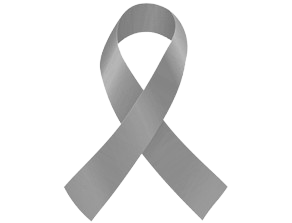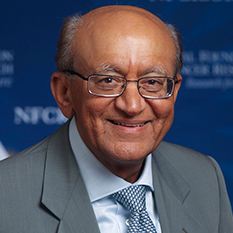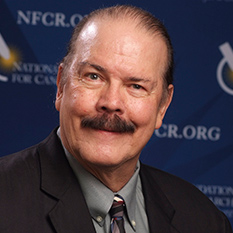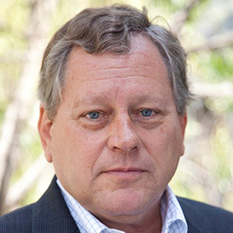Brain Cancer
About Brain Cancer
People of all ages are diagnosed with brain cancer, but there is more frequency among children and older adults. Brain cancer is the second most commonly diagnosed cancer in children (after leukemia).
Brain Cancer Key Facts
- Estimates of 90,000 brain tumors are diagnosed in the U.S. each year, and approximately 28% will be considered malignant – or cancerous.
- An estimated 25,400 malignant tumors of the brain and spinal cord will be diagnosed in the U.S. in 2024, with around 18,760 deaths expected.
- Overall, the chance that a person will develop a malignant tumor of the brain or spinal cord in his or her lifetime is less than 1%. The risk is slightly higher for men than women.
- Survival rates vary widely depending on the type of tumor.
- Glioblastoma (GBM) is the deadliest type of brain cancer, accounting for 45% of all primary malignant brain tumors and the five-year average survival rate is only 8%.
Source: American Cancer Society’s Cancer Facts & Figures 2024; National Brain Tumor Society; Global Coalition for Adaptive Research
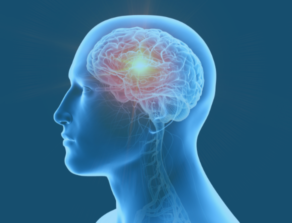
- Limiting radiation exposure as much as possible.
According to the American Cancer Society (ACS), there are no known lifestyle-related or environmental risk factors for brain and spinal cord tumors, so at this time there is no known way to protect against most of these tumors. However, an overall healthy lifestyle such as quitting smoking, a healthy diet, and physical activities can help reduce the overall risk of getting cancers.
Resource: Can Brain and Spinal Cord Tumors in Adults Be Prevented? | American Cancer Society
- Headaches
- Seizures
- Difficulty thinking and/or speaking
- Changes in personality
- Loss of balance
- Change in vision including blurriness, double vision, abnormal eye movements, light sensitivity, and loss of vision
- Memory loss
- Disorientation
- Fatigue and muscle weakness
- Muscle weakness
- Depression
- Anxiety
- Tingling or stiffness on one side of the body
Source: National Brain Tumor Society 2024
- Radiation exposure
- Family history
- Neurofibromatosis type 1 (NF1)
- Neurofibromatosis type 2 (NF2)
- Tuberous sclerosis
- Von Hippel-Lindau syndrome
- Li-Fraumeni syndrome
- Turcot syndrome
- Other syndromes – Gorlin syndrome (basal cell nevus syndrome); Cowden syndrome
- Weakened immune system
Factors with uncertain, controversial, or unproven effects on brain tumor risk:
- Cell phone use
- Other environmental factors: exposure to vinyl chloride, petroleum products, and certain chemicals has been linked with an increased risk of brain tumors in some studies but not in others.
Resource: Risk Factors for Brain and Spinal Cord Tumors | American Cancer Society
NFCR-Supported Researchers Working on Brain Cancer
Rakesh K. Jain, Ph.D.
Massachusetts General Hospital & Harvard Medical School
Paul Fisher, M.Ph., Ph.D.
Virginia Commonwealth University
Webster K. Cavenee, Ph. D.
Ludwig Institute for Cancer Research
Cesare Spadoni, Ph.D.
University of London
W. K. Alfred Yung, M.D.
University of Texas MD Anderson Cancer Center
